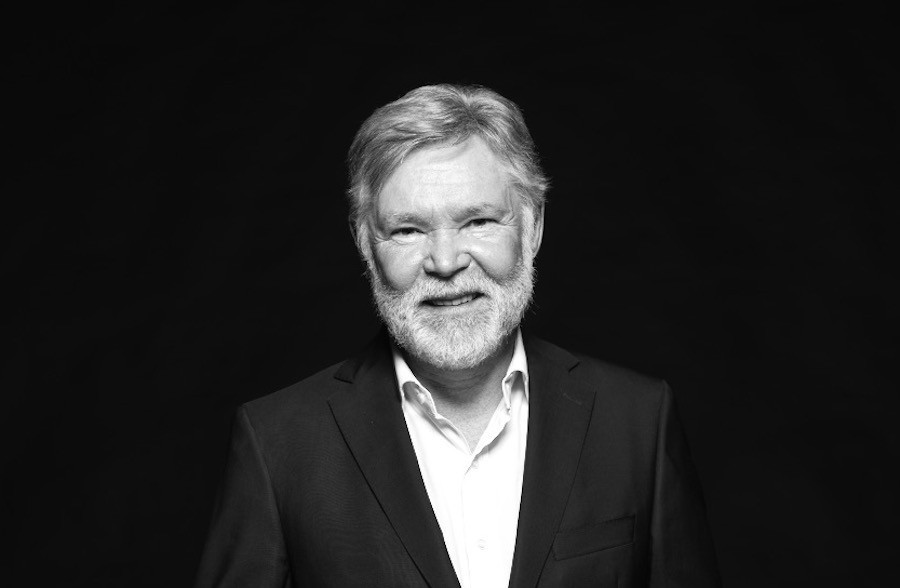When attending conferences or looking at the CSDR and SFRD texts, it becomes clear that from all three aspects of ESG, the environment has been receiving a lot of the attention. Climate change obliges, and, after all, the ‘E’ (environment) seems easier to recognise and quantify, though standardising the numbers found in environment reporting can prove difficult. The ‘S’ (social) and ‘G’ (governance), however, seem to take the backseat--unfairly so.
Indeed, “if you have the proper governance and are conscious of your social impact, the ‘E’ will follow,” says Garry Pieters, a partner at The Luxembourg-based Directors’ Office, in an interview with Delano. “We now spend a lot of time reporting on ‘E’ and may have lost sight on what we actually want to achieve by doing the right thing,” he continues.
The difficulty of course lies in quantifying social and governance efforts and shortcomings. “There is no strict formula for ‘S’ and ‘G’,” says Pieters. The independent director is part of the Directors’ Office, which celebrates its 20th anniversary in 2023, and whose 20 seasoned independent directors--“not just a loose bunch of people” but a “actually very well organised” collegiate--share their know-how and experience with boards. The office’s origin is deeply intertwined with governance, as it was born from a desire to see it more practiced in the country.
We want to restore trust in the industry but I am not sure we’ll achieve that by creating a compliance industry.
Witnesses to an evolution
The world has changed since the beginnings of the Directors’ Office. “Twenty years ago, the world wasn’t as compliance and risk management orientated as it is today,” says Pieters. “Twenty years has seen an evolution from a hardly regulated market to a highly regulated market, from fund performance focus to anti-money laundering, and today we’re talking about our strategy in terms of sustainability for example.”
Looking at the growth in regulation--there, in part, to restore trust in financial institutions since the 2008 European sovereign crisis--Pieters notes that “the pendulum may have swung too far. Shouldn’t we reach out to the regulators and feed back that the cost of compliance is an increasing burden to our beneficiaries? We want to restore trust in the industry but I am not sure we’ll achieve that by creating a compliance industry.”
But neglecting governance and social impact could have an opposite result, as “without proper governance, trust cannot be restored.” Instead, “governance should be institutionalised. By this I mean that each of us, within the framework that we work in, be it in a company board, an asset manager, we should have our own, defined, documented and controlled governance framework.”
We found that due to high brand awareness, there is a reputational risk if you take on board a dodgy client just because they pay well.
Combined knowledge, internal application
A good first step in restoring trust would be to practice what you preach. And the Directors’ Office has adopted this: “We at the Directors’ Office and all our clients have our own governance framework that we adhere to. This is something we’ve instilled into our clients’ minds over the years,” says Pieters, who has been lead partner of the company in the past.
While internally, the directors take turns holding the top positions--they can run for a 3-year-mandate twice--in 2023, they also reinforced the company’s position, as a fully independent entity owned by its partners. This is giving them “true independence from any service provider as the partners are not employed and act as independent agents,” a press release published ahead of the interview states.
On top of its code of conduct--the firm’s prime document and an inspiration for the company’s clients--the Directors’ Office has a so-called mandate acceptance committee. Pieters explains: “Under the assumption that 20 people know more than 1 and the fact that we’re responsible for doing due diligence when we take on board new clients, we found that due to high brand awareness, there is a reputational risk if you take on board a dodgy client just because they pay well.”
With decades of experience under his belt, Pieters also believes in the importance of creating a directors’ report for companies to understand what their board has worked on any given year. It is an exercise he and his colleagues promote amongst their clients.
This article was published for the Delano Finance newsletter, the weekly source for financial news in Luxembourg. .
